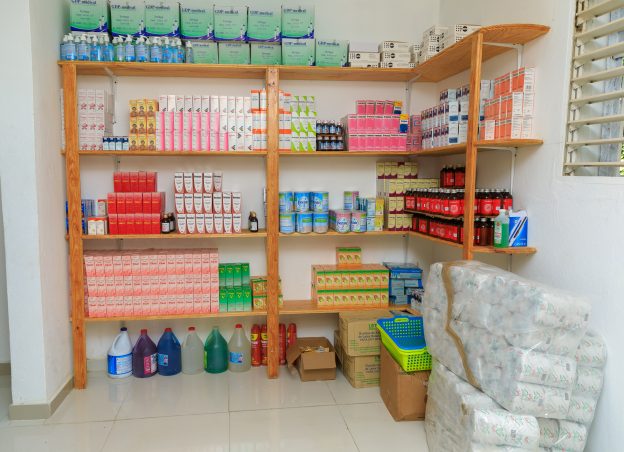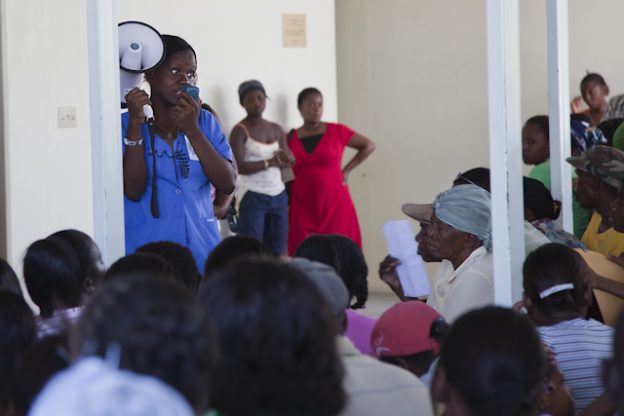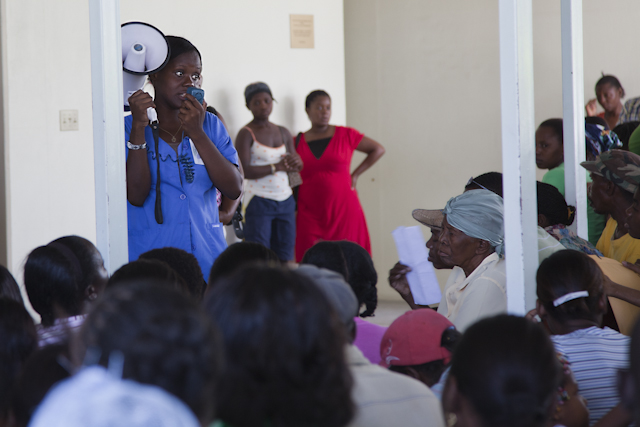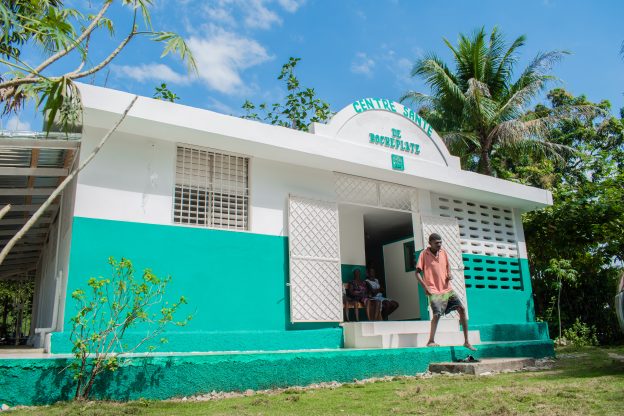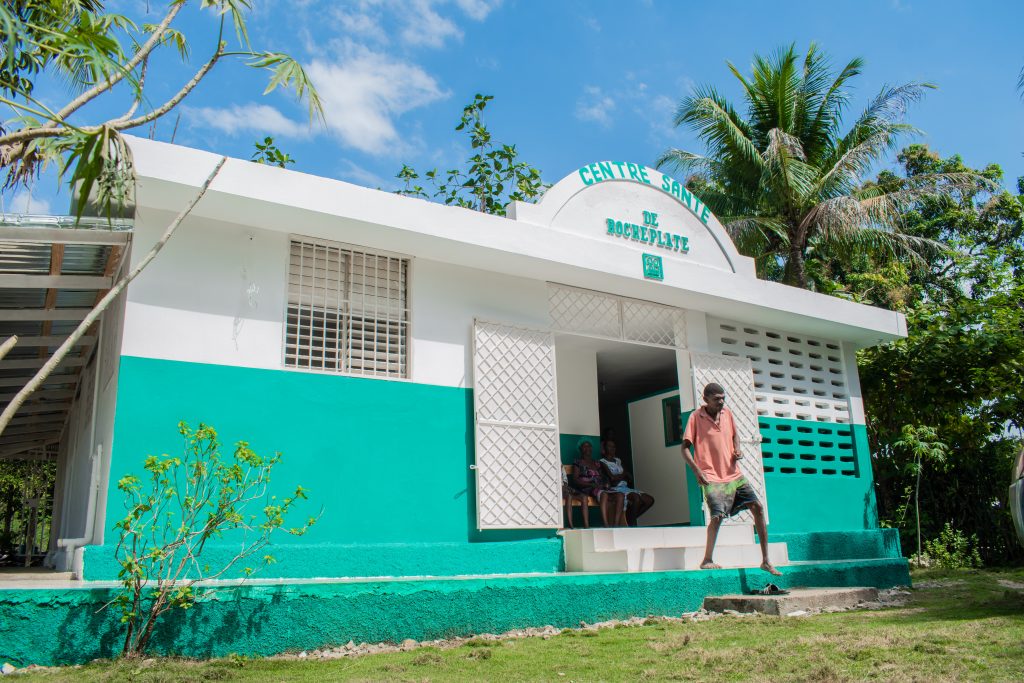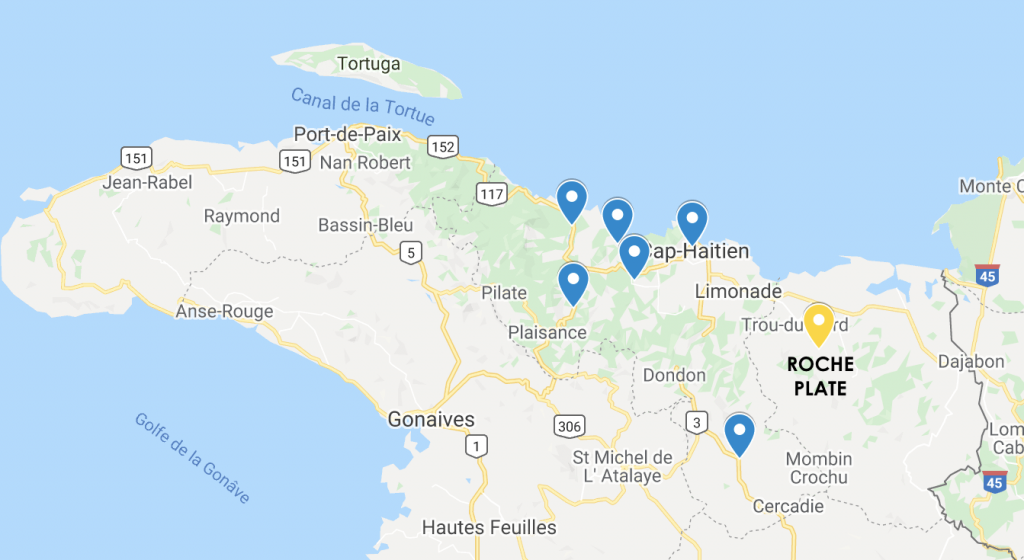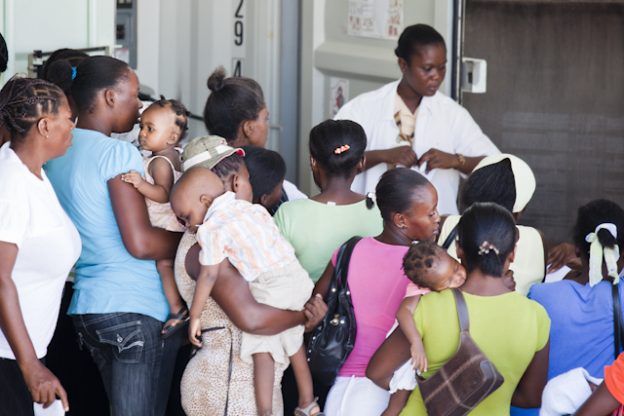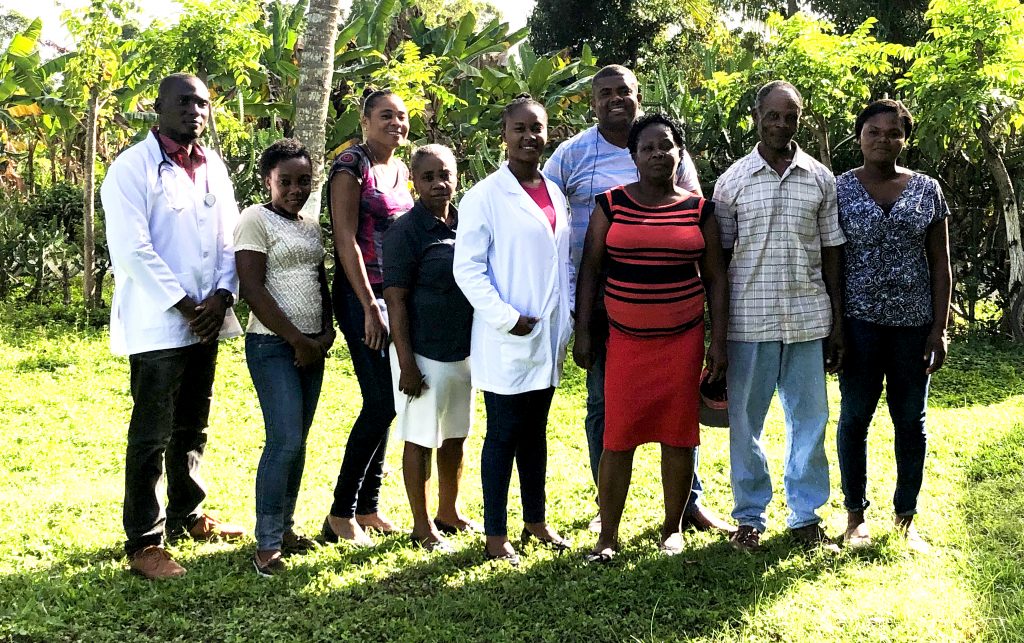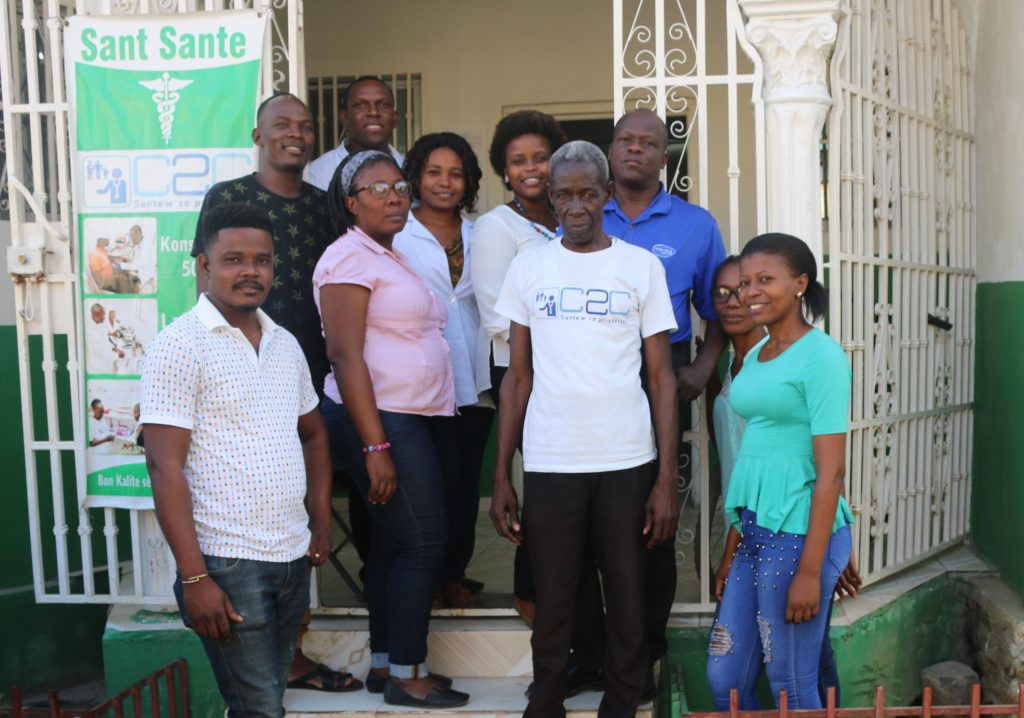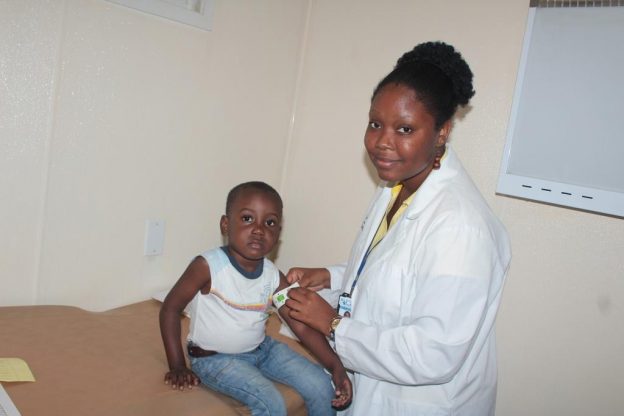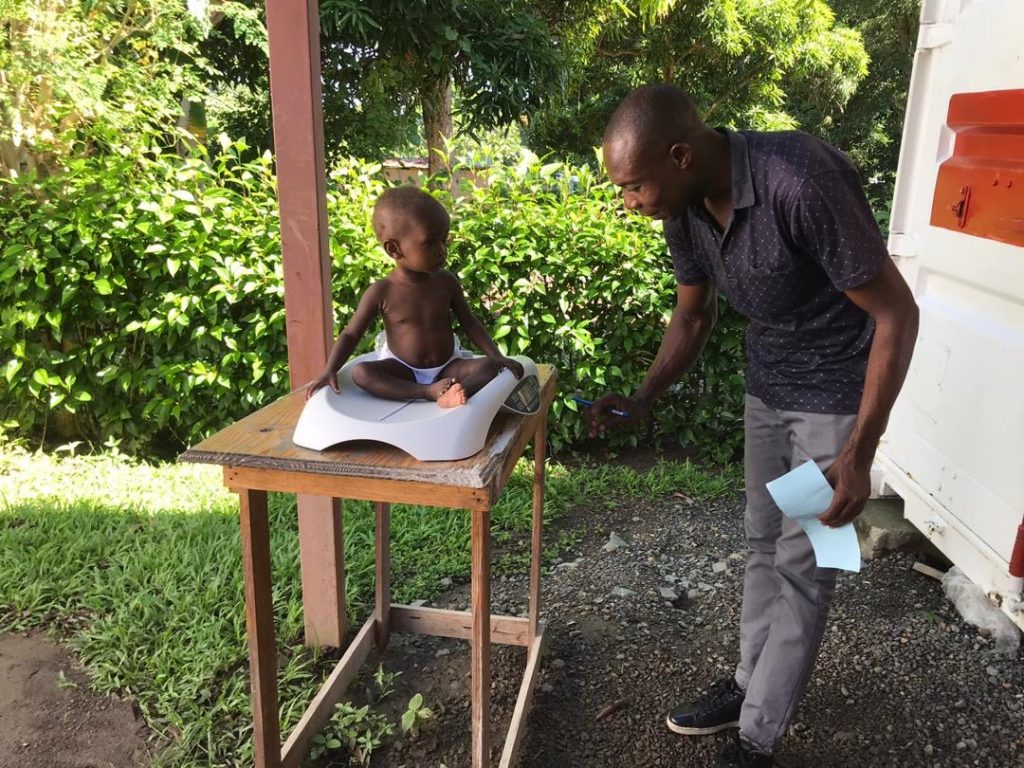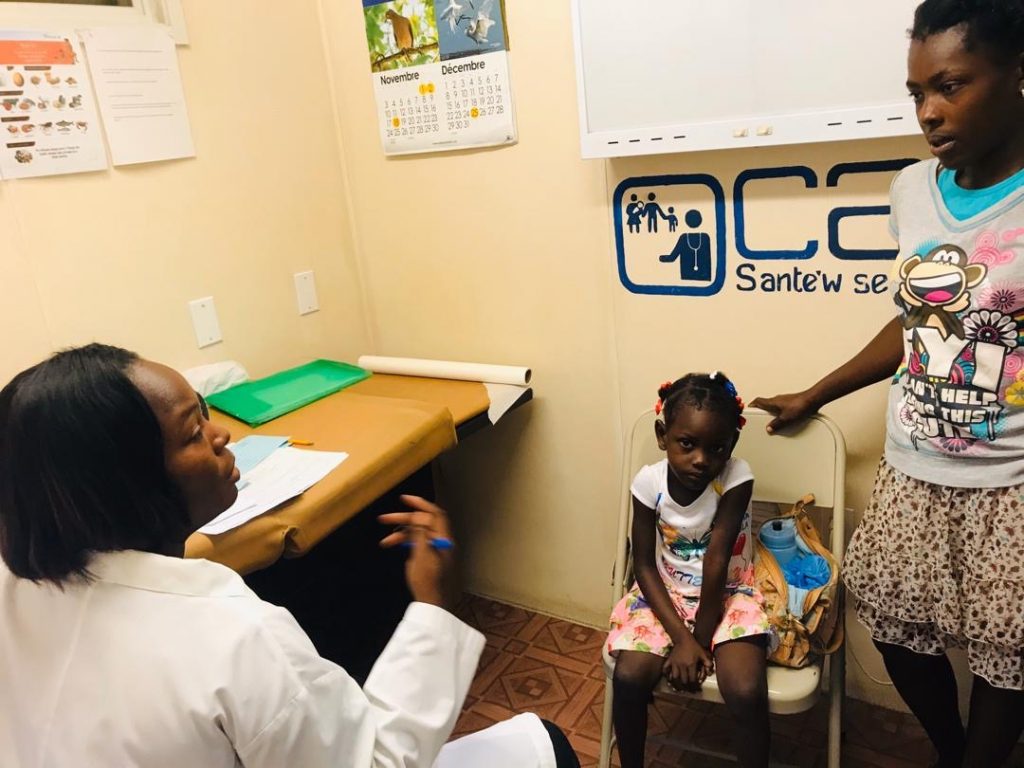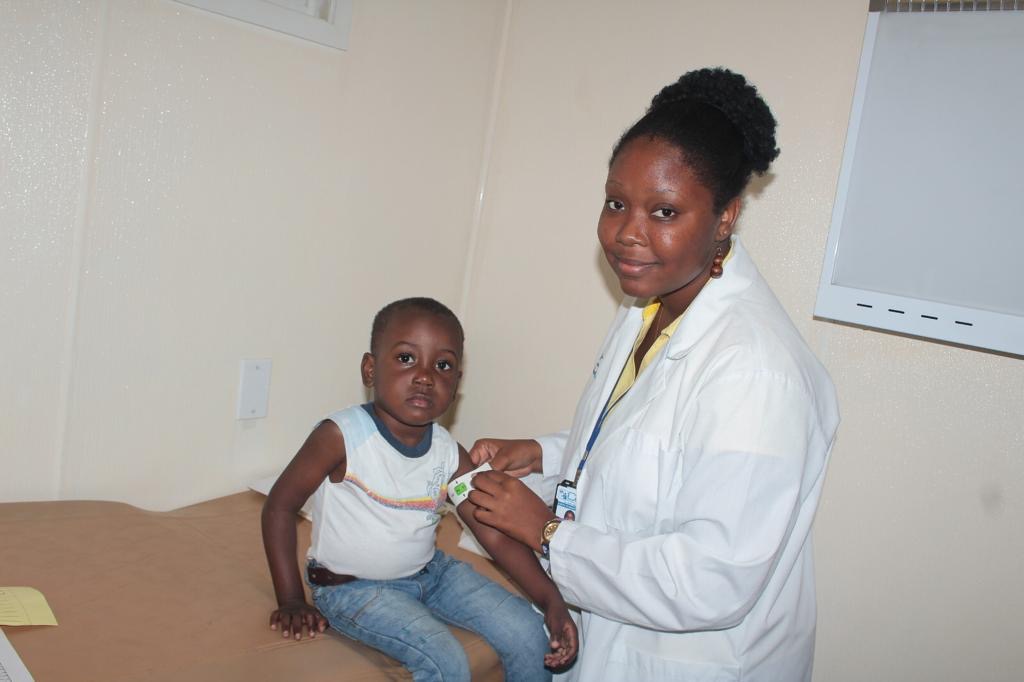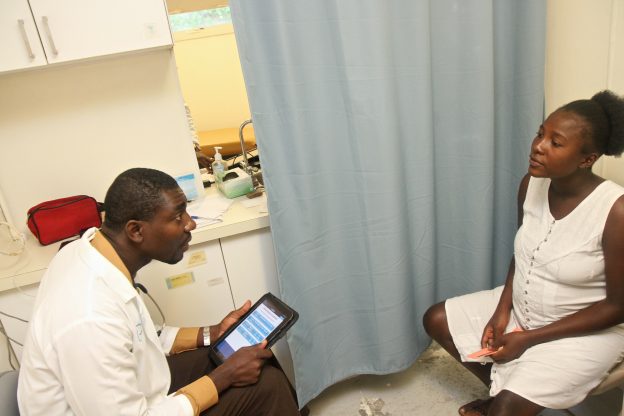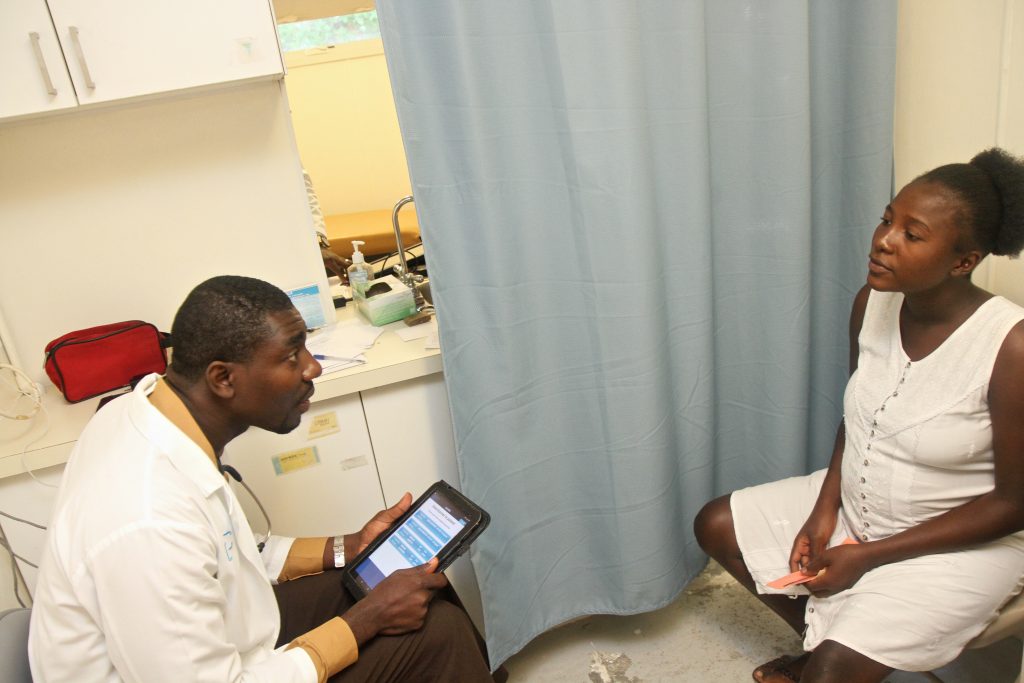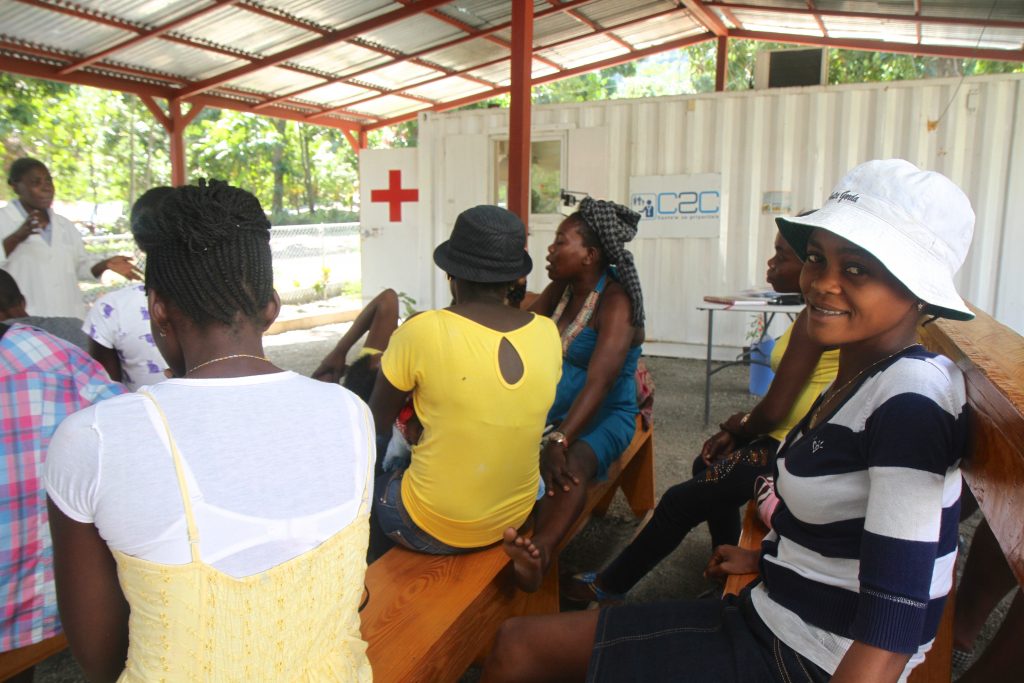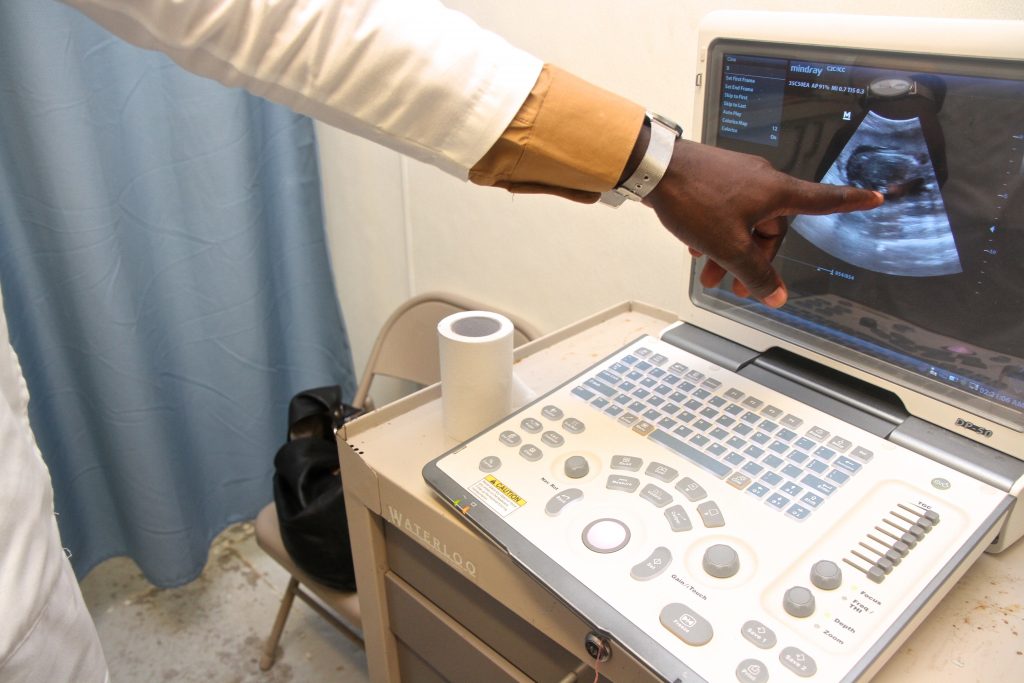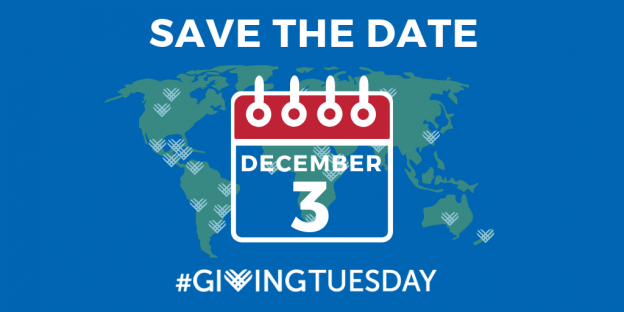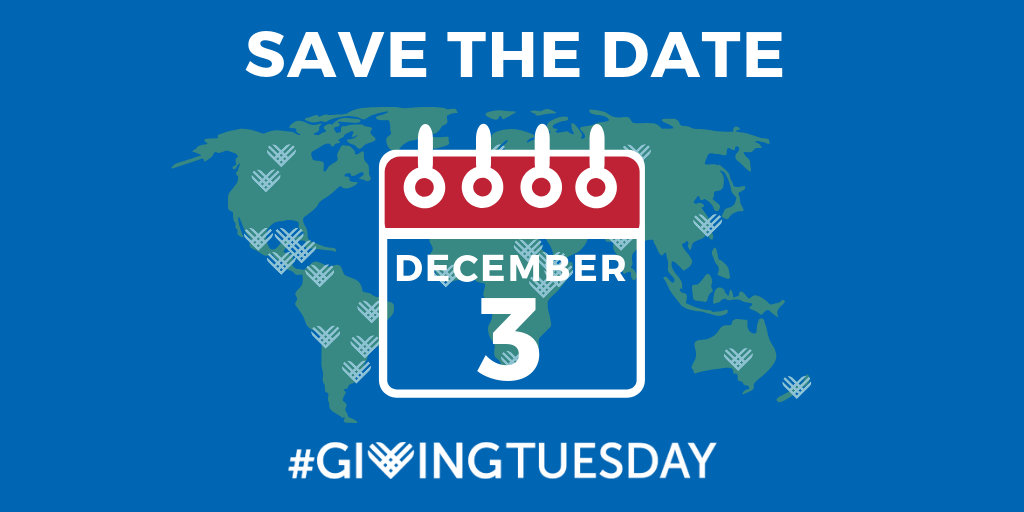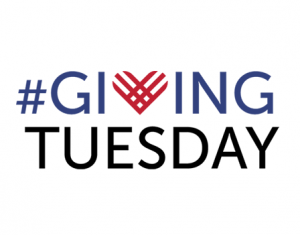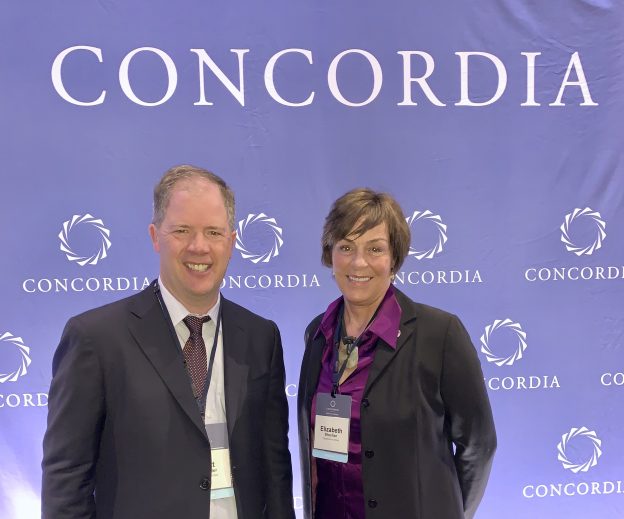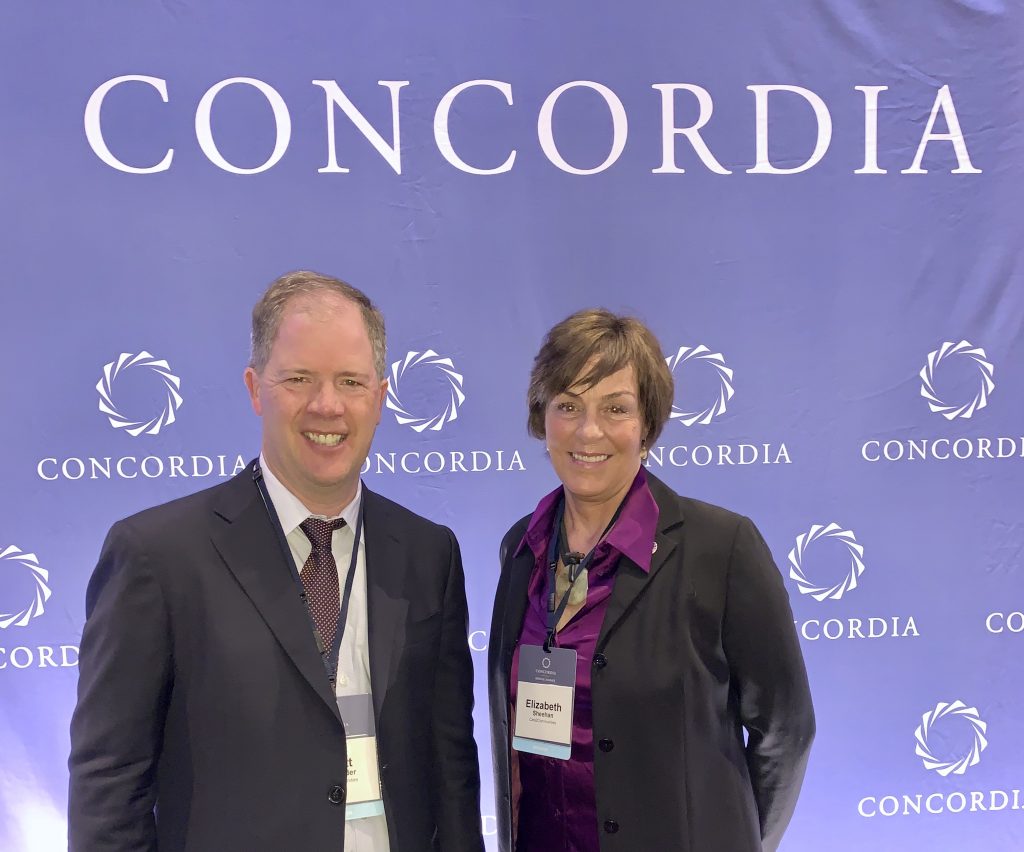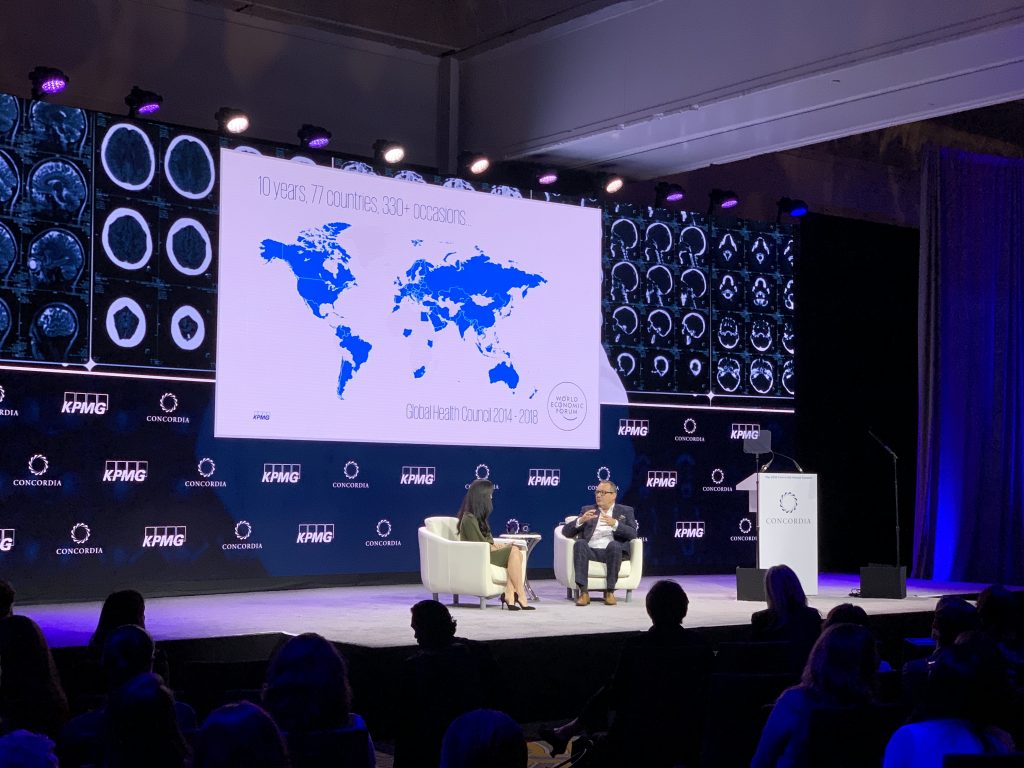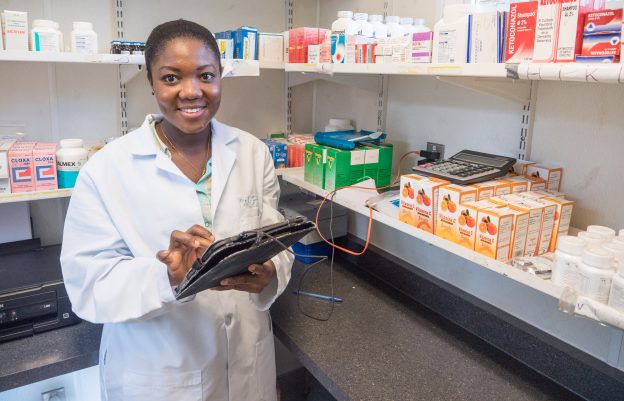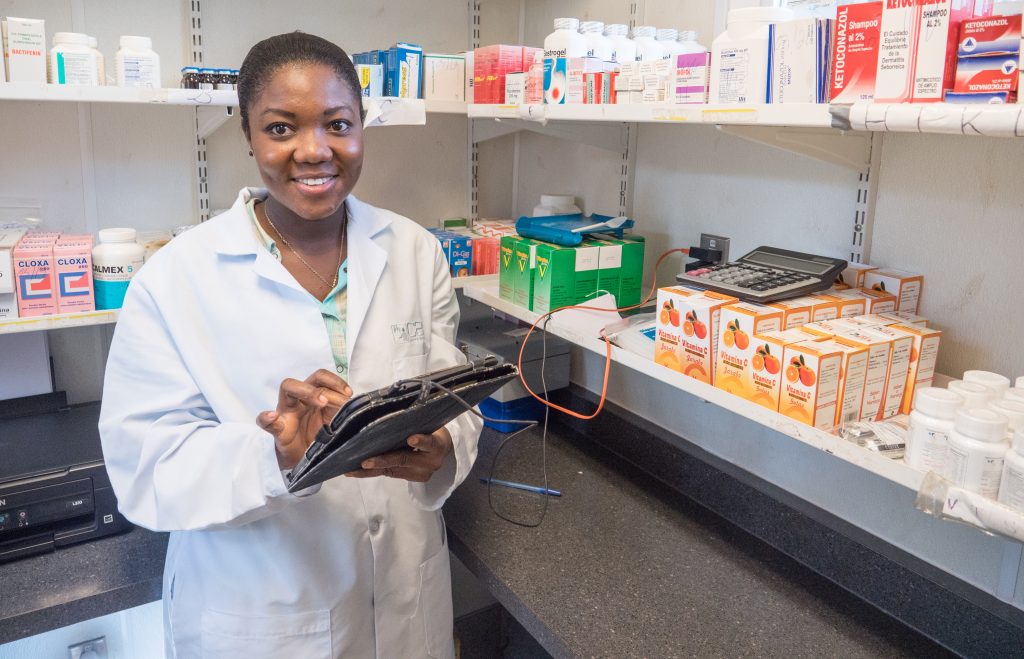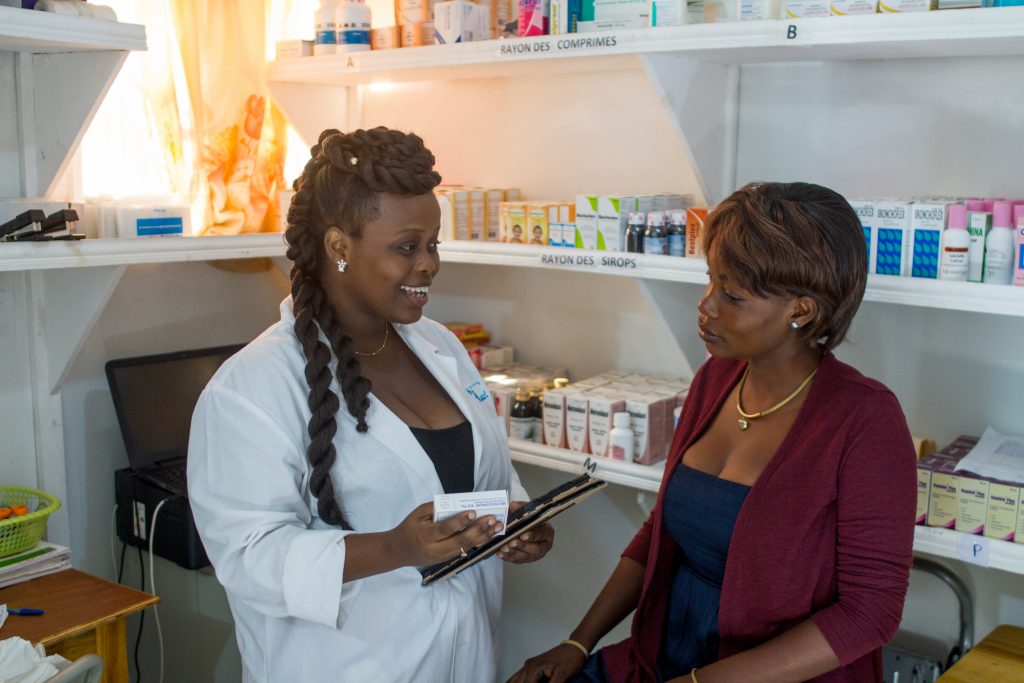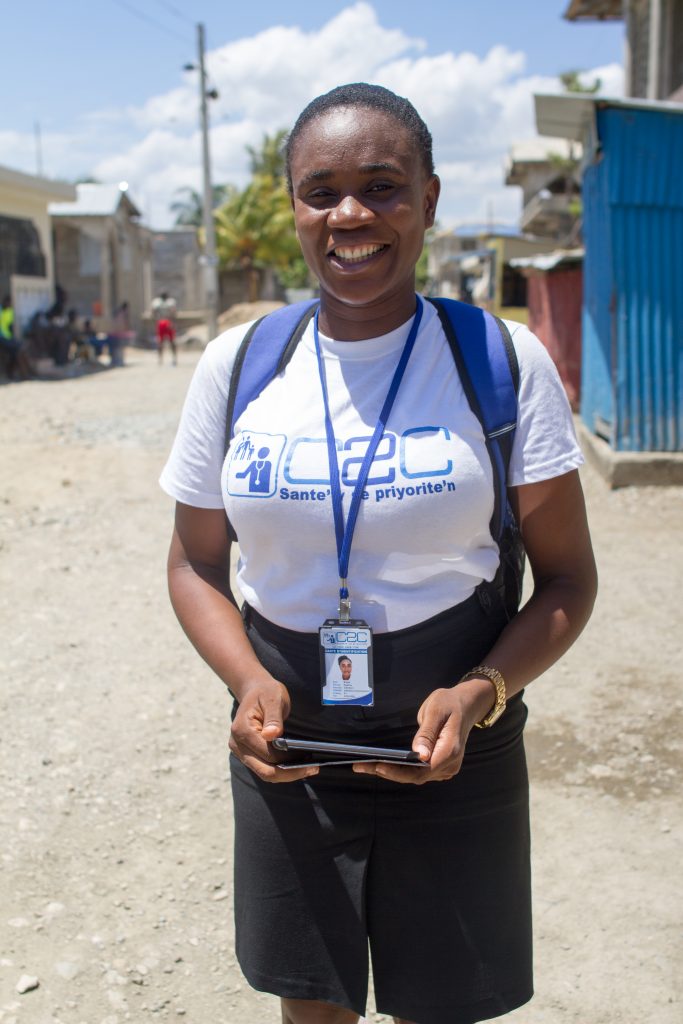As of March 31st, the Haitian government had confirmed 15 cases of COVID-19. While that number seems small, our great fear, just as we have seen elsewhere across the globe, is that we are only at the bottom of the curve and the numbers could spike very quickly in the coming weeks.
The COVID-19 outbreak is now everywhere. In Italy, the virus overloaded hospitals in just three weeks which led to devastating stories of bed and ventilator rationing for patients. New York also seems to be entering a similar phase at the current moment.
We are all wondering whether our governments could have done more and why our health care systems are so ill-prepared for a pandemic of this nature. But, what worries those of us who are so close to it is just how much more woefully unprepared Haiti’s healthcare system is compared to countries in Asia and Europe, and even the United States.
A recent World Bank study cited in the Miami-Herald highlights the gap we are facing. Haiti spends just $13 on healthcare per capita vs. close neighbors like the Dominican Republic ($180) and Cuba ($781). The whole Latin American and Caribbean region average is $336 and western nations range from $5,000 to almost $10,000. While recent trends are showing to be negative in terms of these gaps, Haiti’s government has steadily reduced national health spending over the past few years. In last year’s budget, only 5 percent of funds were allocated to health.
In a situation so massively under-resourced, Haiti will only be able to combat the coming epidemic if every component of the healthcare infrastructure is mobilized holistically. The World Bank study emphasized that a critical priority in the holistic approach should be on preventive healthcare where patients can be treated at the primary care level in a more cost-effective way.
C2C is positively at the front line of this mobilization. Our founding vision hinged on the fact that primary care is consistently neglected, while it should be the core of a national health care system. In an under-resourced country like Haiti, we have always been working to address the most cost-effective opportunity in improving health outcomes. The answer has always been access to quality primary care. As COVID-19 becomes established in Haiti, we must leverage the critical role we play in the system to mitigate its spread, improve outcomes, and save lives.
As best as we can, we are preparing our clinics to respond to COVID-19 by training our staff on educational outreach, clinical management, best practice protocols, securing equipment and medical supplies, as well as working closely with Haiti’s Ministry of Health. We know that coordinated efforts are the best way to save as many lives as possible in the vulnerable communities we serve.
But, the same challenges we are seeing in the United States (lack of respirators, testing kits, PPE, etc.) are massively greater in Haiti. Regardless of what we have done to prepare our staff and clinics, we know that current stocks of medicine and medical supplies are sparse and new sources of supply will be unpredictable at best and totally unavailable at worst. Despite all of this, we have to take on what’s coming. We will never be as ready as we would like but we will persevere. We must.
